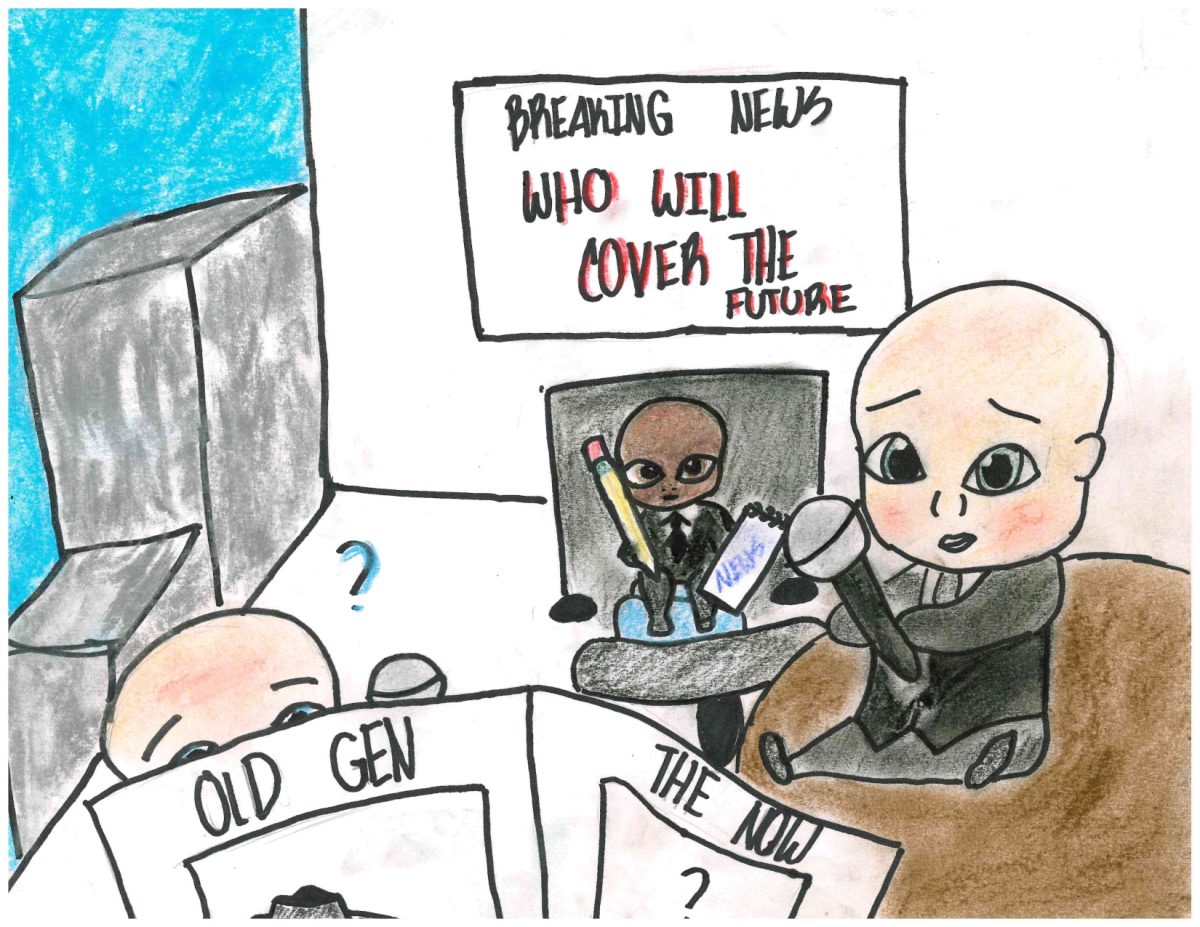Because of the recent trial of Derek Chauvin, many Americans are continuing to protest for Black Lives Matter and educate themselves on microaggressions and systemic racism in America.
Unfortunately, according to USA Today, since the Black Lives Matter protests broke out in late May 2020, Americans’ trust in law enforcement has risen and their faith in Black Lives Matter has fallen.
This is more than disappointing, especially because in the past month there have been two more public instances of police officers shooting innocent and unarmed black people.
Just 10 miles from where George Floyd was killed, Daunte Wright was shot and killed by an officer.
While Derek Chauvin was being convicted on all three accounts, 16-year-old Ma’Khia Bryant was shot by a police officer in Columbus, Ohio after she called the police for help. Bryant was holding a knife for self-defense, but had dropped it by the time police arrived according to NBC news.
When does this stop?
How many more innocent black people have to die before for people to acknowledge that there is a problem?
How many more people are still going to scream that Derek Chauvin is innocent and that George Floyd died because of the drugs in his system regardless of what professional testimonies said?
It is not fair for all of the black people and their allies to continue peacefully protesting, and try to call attention to all the work America has to do while it will just be brushed off the shoulders of the only ones who can make it better: law enforcement and public officials.
The convictions of Derek Chauvin are not even justice- they are accountability. If we want justice, we need to see structural change in all aspects of policing and government.
According to ACLU’s Policing Policy Advisor Paige Fernandez, there is more that needs to be done.
“There’s too many George Floyd’s that were not caught on camera. We’re not asking for change, we’re demanding change,” Fernendez said.
Many have learned so much in the past 12 months and have had their eyes opened about insensitive microaggressions that they may have made in the past.
They have taken the time to educate themselves on oversights such as employment disparities, wage gaps, representation in politics and unequal education opportunities.
Most importantly, they’ve taken their time and knowledge to have difficult conversations with friends and family members. For many, having such tense conversations with grandma and grandpa can seem daunting, but explaining in a rational way why “All lives matter” is wrong is the type of productive dialogue our country needs.
It is unfortunate that in the 156 years since slavery has been abolished and 53 years since all Jim Crow laws have been put to an end, it still feels like we’re running a marathon with no forward progress.
However, white people cannot say that they are drained or exhausted; that is white privilege in its prime. People of color need our support and we owe it to them to be there till they are satisfied. We are in this fight together, but it is not about us.
The last 12 months: What George Floyds tragic death has taught us
Since George Floyd’s death a year ago, the past 12 months have generated difficult conversations and a number of important lessons to be learned.
0
More to Discover
About the Contributor
Molly Hendricks, Managing Editor






